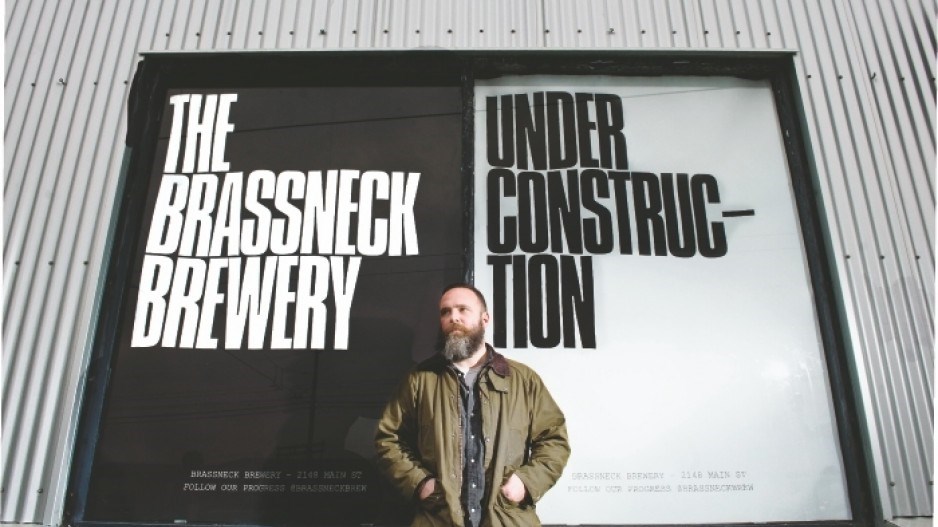Brewery entrepreneurs and executives want Victoria to reform archaic liquor regulations they say hurt both the local craft brewery sector and the province's reputation in the eyes of tourists.
The brewers say they also want to be treated the same as winery owners.
The latest skirmish in the dispute involves Granville Island Brewing (GIB), which has a taproom attached to its brewery site on Granville Island.
If GIB staff want to give visitors samples of the company's brews, the company has to have a licence that prohibits it from selling any customer more than 12 ounces of beer in a day.
"If you visit Vancouver from Seattle or Portland because you've heard of our burgeoning craft beer sector and you come to GIB and want to try the eight beers that we have on tap, you can't," GIB president Jim Lister told Business in Vancouver. "You would have to pick three because our smallest glass is four ounces. If you then like one of those samples, you can't order a pint."
Lister said tourists get angry at what they assume is his own crazy policy – a rule known as "sampling room endorsements" that B.C.'s Liquor Control and Licensing Branch (LCLB) only started enforcing in 2010, when representatives inspected GIB's taproom because GIB wanted to install TVs in advance of the Olympics.
Unlike breweries, wineries that have tasting-room licences are allowed to sell customers multiple drinks.
GIB could apply to change the liquor licence category for its Granville Island brewery, but Lister said that's not a solution.
That's because B.C.'s "tied house" rules would kick in: GIB could sell patrons pints of its competitors' beer but none of its own.
Rich Coleman, B.C.'s minister in charge of liquor regulations, admitted to Business in Vancouver in September that the tied house rule is "daft" and that he planned to change the law to allow the practice.
Mark James Group, for example, owns the Red Truck Beer Co. craft microbrewery, but is prohibited from selling its Red Truck beer in its four pubs and restaurants.
Coleman did not respond by press time to update progress on his plan to eliminate tied house rules.
Lister sent a request last year to the LCLB to change the sampling room endorsement rule so his business could be treated as a winery. The change would allow him to sell patrons multiple drinks and rent his space for weddings without having to get a temporary event licence for the night.
The LCLB surveyed brewers in June and found resounding support for that regulatory change – but it has yet to be made.
Instead, the LCLB sent Lister a letter earlier this month saying that his request is still being considered.
Beer industry entrepreneurs support Lister. They say that changing the tied house and sampling room endorsement laws would help them launch a brewpub.
Alibi Room co-owner Nigel Springthorpe and business partner Conrad Gmoser plan to launch a new Brassneck Brewery microbrewery this spring at a site he's renovating on Main Street near East 6th Avenue.
He doesn't want to invest in a canning line or to step on toes by competing with other local brewers who supply beer to his restaurant.
So, if the laws are not changed, Springthorpe's only means of selling beer will be to customers who bring in their own refillable growler.
"If we were allowed to serve more than 12 ounces per person per day in a tasting room," he said, "it would really, really, really help with our bottom line and improve our chances of survival." •




